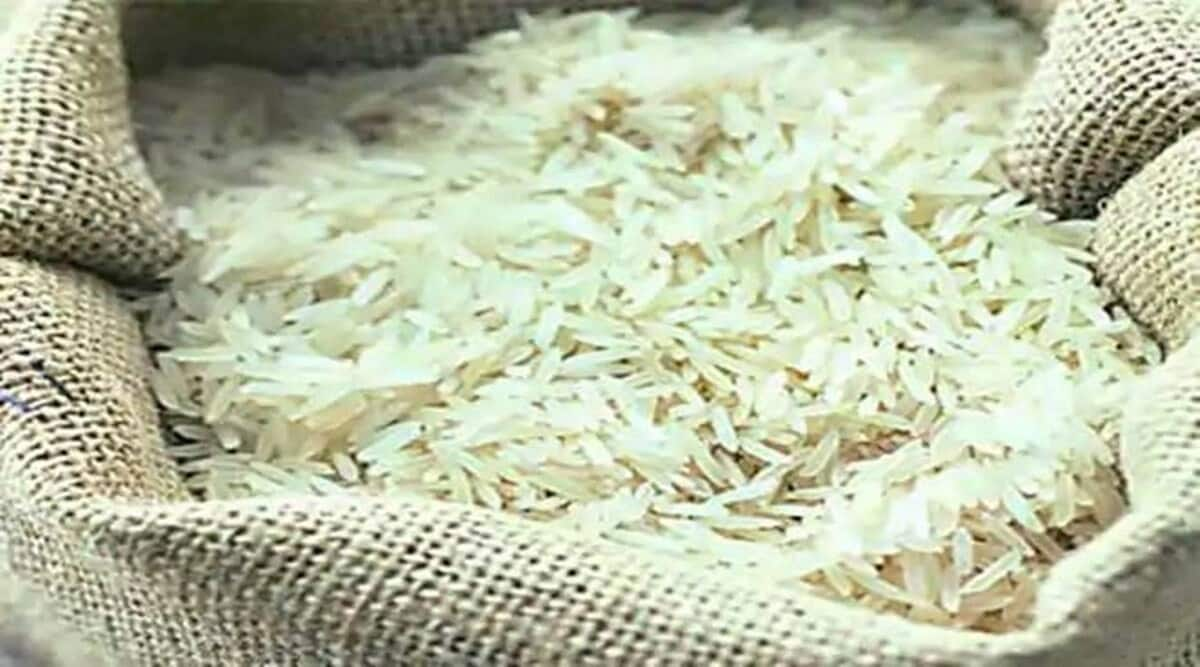To encourage farmers in Punjab, Haryana and western Uttar Pradesh to shift from water-intensive rice crops, the Commission for Agricultural Costs and Prices (CACP) has recommended the capping of the existing open-ended paddy procurement policy and focusing on purchases from only small and marginal farmers.
“In order to nudge farmers towards diversifying their cropping pattern while maintaining food security, targeted procurement of paddy may be initiated,” CACP has stated in its report on price policy for Kharif crops (2022-23) season. Based on the CACP reports, the government fixes MSP for 23 crops.
“This would entail sufficient stock for maintaining food security, promoting diversification while protecting the interest of more than 90% of the farmers,” it stated.
Because of the open-ended procurement policy, between the 2017-18 and 2020-21 seasons (October-September), rice purchases by the Food Corporation of India (FCI) and state government agencies rose more than 57% to 60.17 million tonne (MT) from 38.17 MT. In the current year, more than 55.35 MT of rice has been purchased by agencies from farmers so far.
As of June 1, 2022, FCI had a rice stock of 32.53 MT against the buffer stock norm of 13.54 MT for July 1. This stock excludes about 16.55 MT of rice receivable from millers.
On the need for crop diversification, CACP has stated that dependence on rice-wheat cropping systems in Punjab, Haryana and western Uttar Pradesh has resulted in depletion of groundwater and deterioration of soil quality, posing a serious challenge to its sustainability.
“On the other hand, states like Chhattisgarh, Jharkhand, Odisha, Bihar and Assam can be encouraged for rice production owing to their sustainability in terms of land as well as water productivity,” the commission said.
The government had launched a crop diversification programme in 2013-14 to shift areas under paddy to other alternative crops, especially in the Green Revolution states. Besides, Haryana had launched a crop diversification scheme in 2020-21, the farmers were given a grant of Rs 7,000 per acre as an incentive to reduce the area under paddy and promote maize, cotton, oilseed, pulses, onion etc.
“Not much progress has been made so far on crop diversification in the region because of low returns and high risks from alternative crops, lack of assured marketing and remunerative prices, non-availability of appropriate proven technology for alternative crops,” CACP has stated.
The commission has recommended promoting and incentivising efficiency in water use in agriculture by fixing quantitative ceilings on the use of water and electricity per hectare and rewarding farmers for adopting water-saving technologies.
To reach out to more farmers and assure MSP procurement, the commission has suggested alternative measures like linking farmers to the agricultural commodity derivative market may be executed in the near term.

Leave a Reply